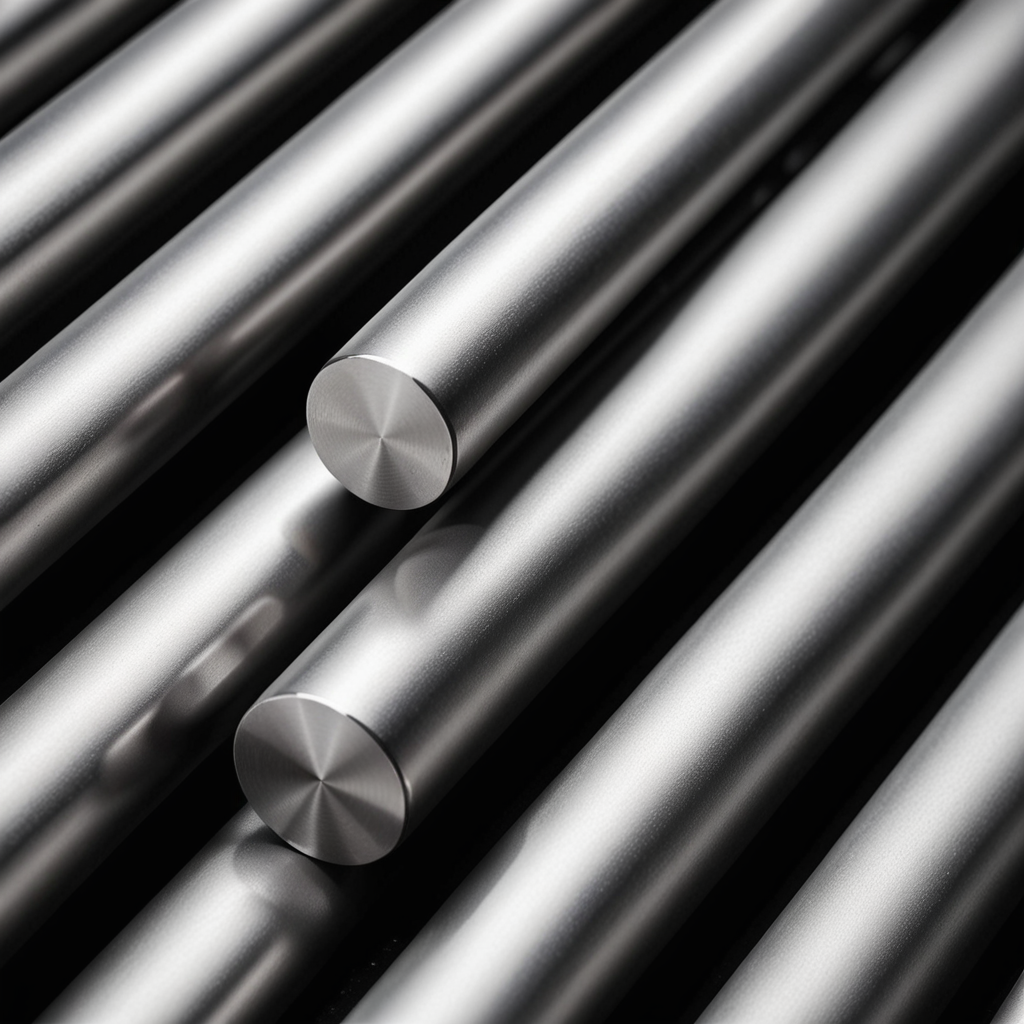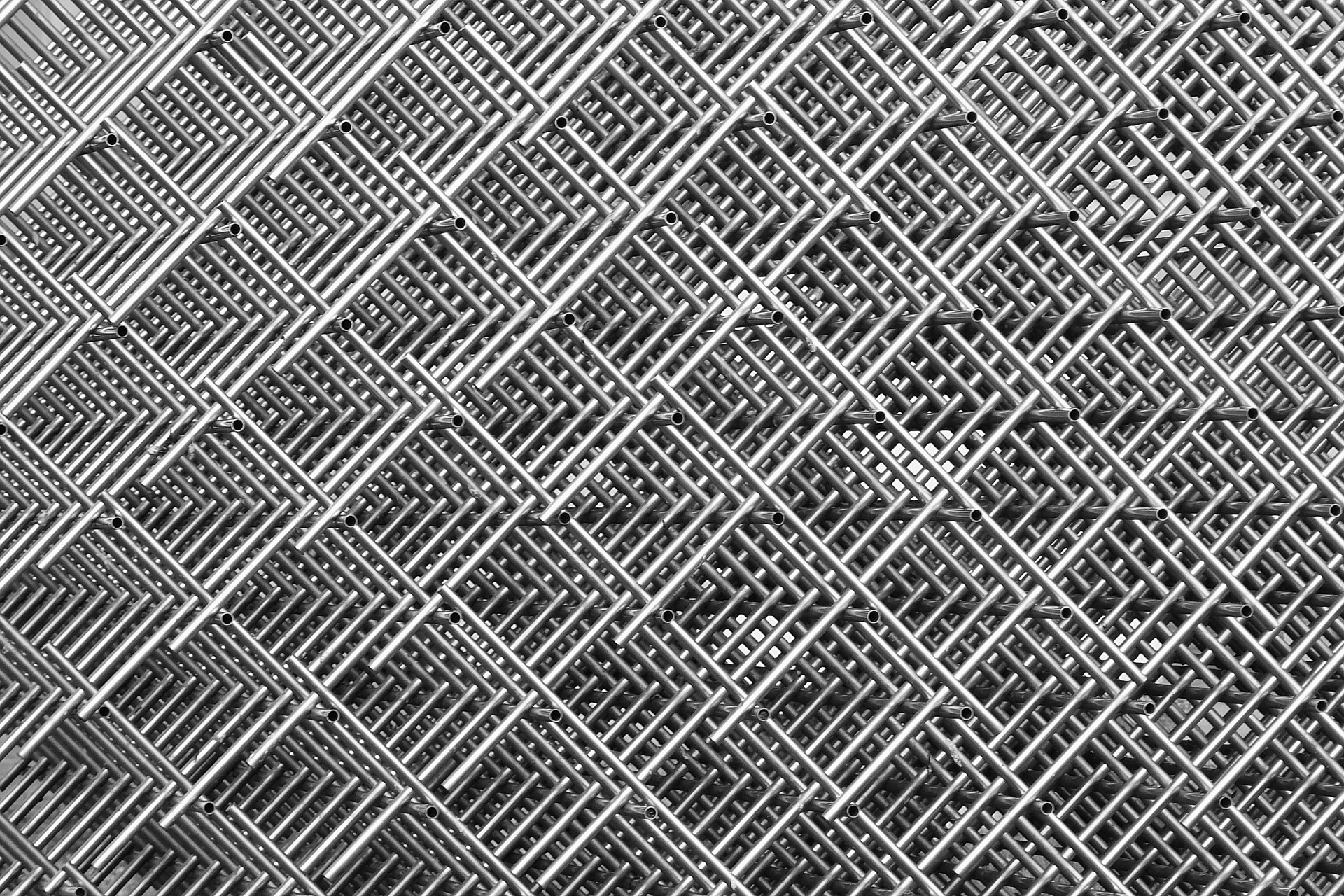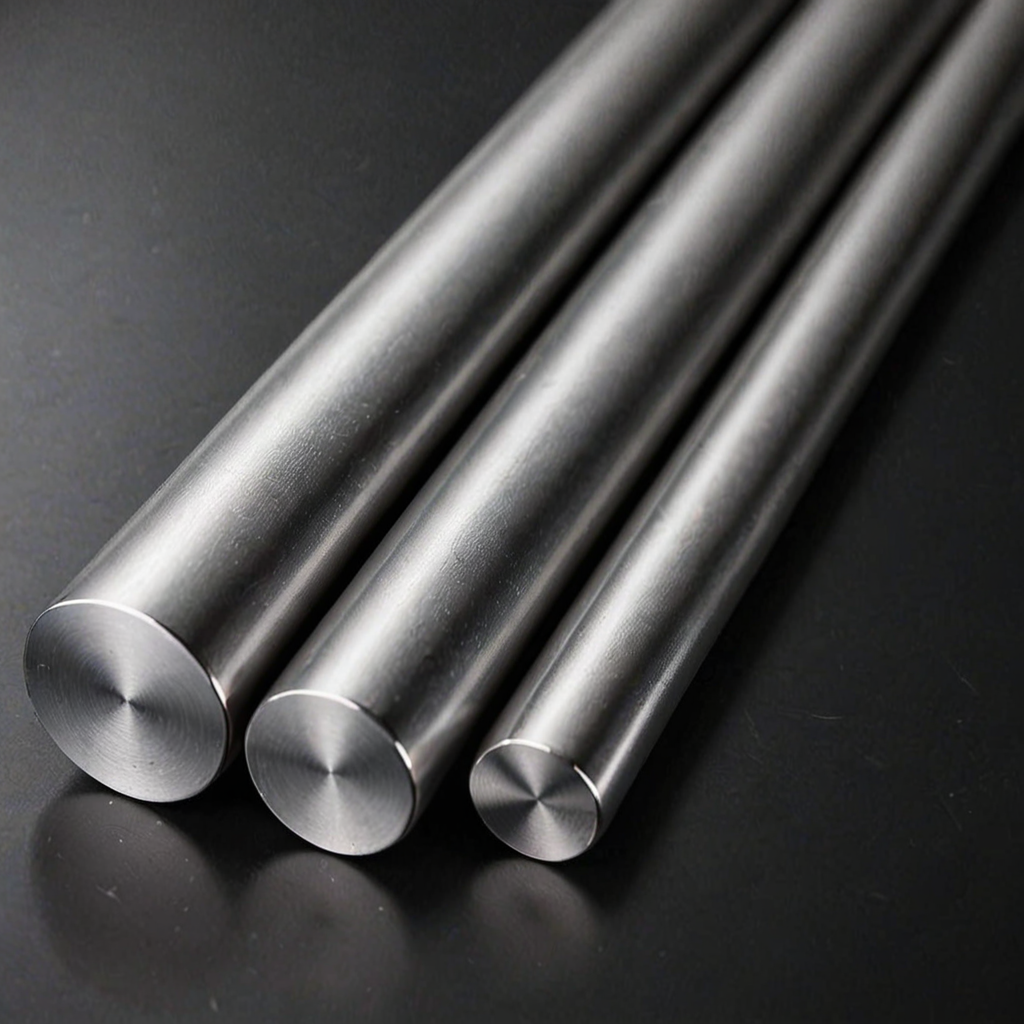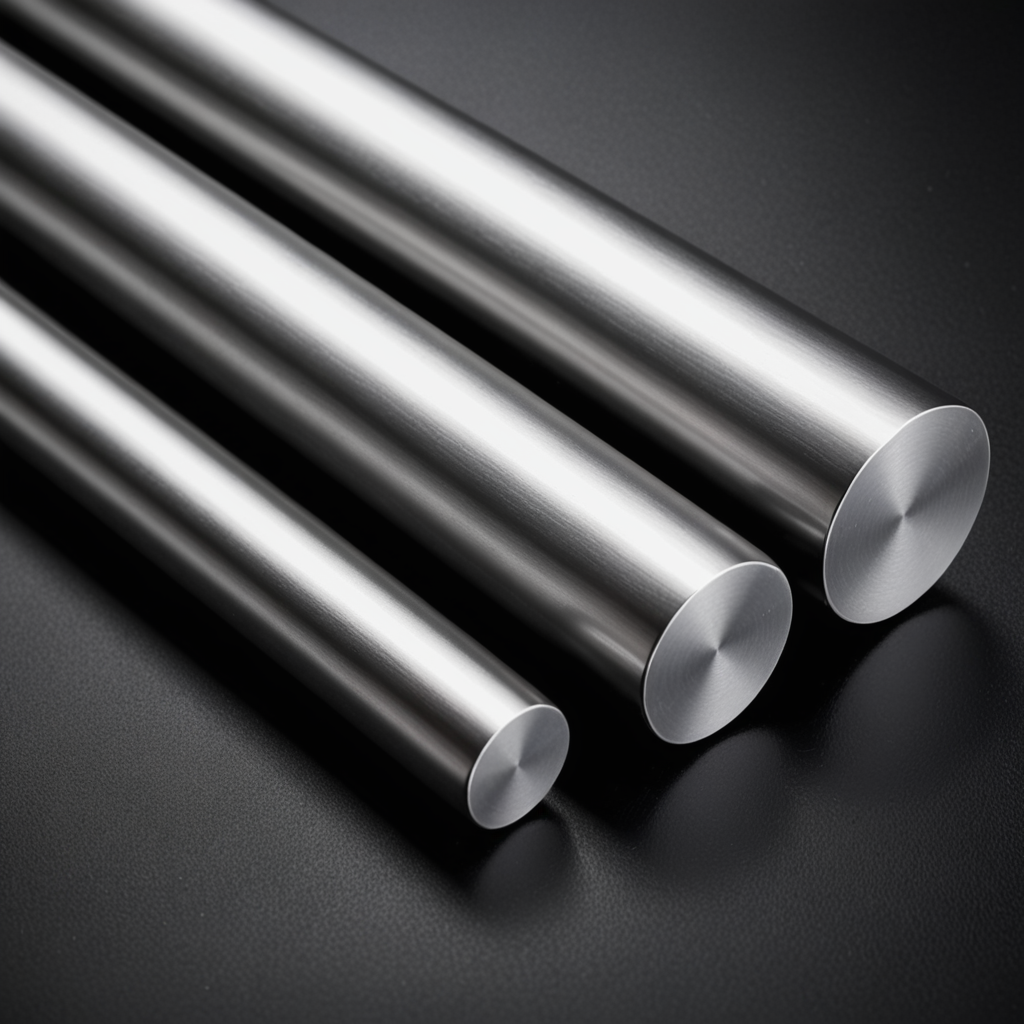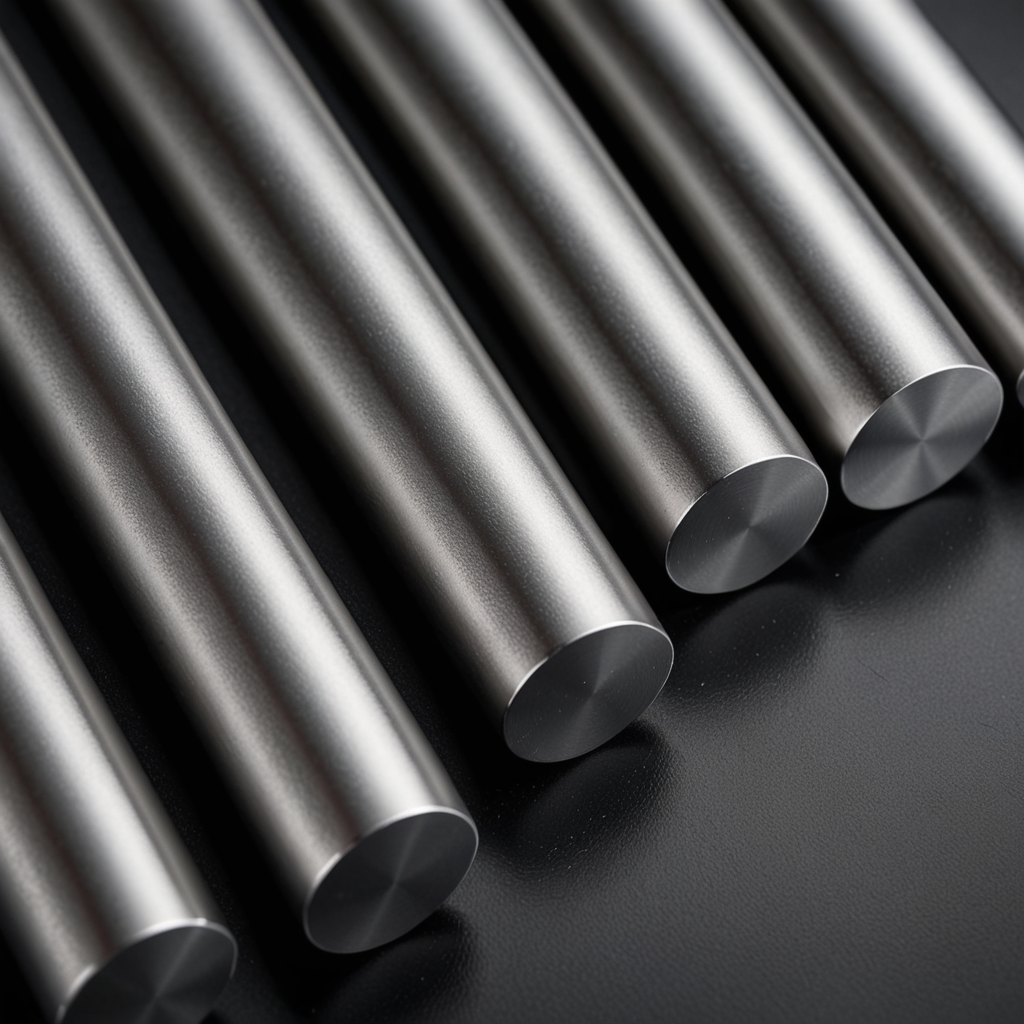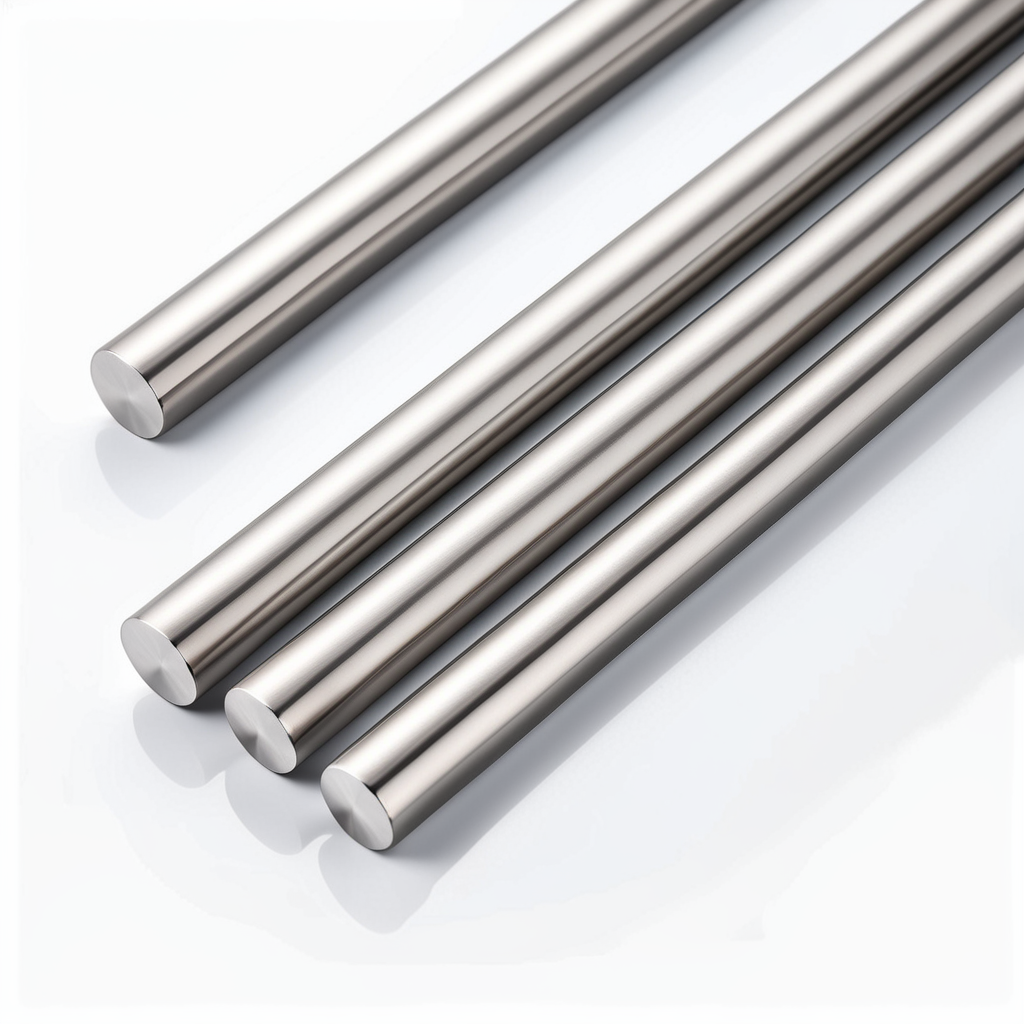What is 304 Stainless Steel?
304 stainless steel is one of the most widely used and versatile materials in the metalworking industry. It is favored for its excellent corrosion resistance, good formability, and attractive appearance, making it a popular choice for a range of applications, from kitchenware to industrial machinery. This comprehensive guide will explain why 304 stainless steel is so common and what makes it stand out in the market.
304 Stainless Steel
304 stainless steel is an austenitic stainless steel that contains 18% chromium and 8% nickel. This composition provides a unique combination of strength, corrosion resistance, and versatility. Known for its balanced performance and ease of machining, 304 stainless steel is one of the most popular stainless steel grades. It offers excellent resistance to oxidation and corrosion, making it suitable for environments exposed to moisture, air, or chemicals. Additionally, it has good weldability, formability, and can be easily polished to achieve a bright, attractive finish.
| 304 | Cr | Ni | C | Mn | Si | P | S |
| 18.0-20.0 | 8.0-10.5 | ≤0.08 | ≤2.00 | ≤1.00 | ≤0.045 | ≤0.030 |
Why is 304 Stainless Steel So Popular?
The popularity of 304 stainless steel is due to its many significant advantages. Here are the key reasons why it is the first choice in various industries:
- Corrosion Resistance:It has a high resistance to rust, stains, and corrosion, maintaining excellent performance even in harsh environments.
- Durability:304 stainless steel is strong, durable, and suitable for applications that require resistance to wear and tear.
- Aesthetic Appearance:With its smooth, shiny surface, 304 stainless steel is often used in products where appearance is important.
- Formability:304 stainless steel is easy to form and process, making it ideal for a wide range of industrial applications.
- Health and Safety:It is non-reactive, making it ideal for food contact applications and medical equipment.
Common Applications of 304 Stainless Steel
Due to its durability and corrosion resistance, 304 stainless steel is widely used in multiple industries, including:
- Food Processing:From storage tanks and pipes to kitchen equipment, 304 stainless steel is essential in the food industry due to its non-reactivity and ease of cleaning.
- Automotive:304 stainless steel is used in exhaust systems, catalytic converters, and other high-temperature components.
- Medical:Medical instruments, surgical tools, and equipment benefit from the corrosion resistance and sterilization capabilities of 304 stainless steel.
- Consumer Goods:Household items like cookware, sinks, and home appliances often use 304 stainless steel for its appealing appearance and resistance to wear.
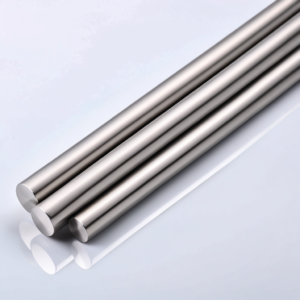
How Does 304 Stainless Steel Compare to Other Stainless Steels?
304 stainless steel is distinct from other stainless steel grades due to its unique chromium and nickel combination. It offers a performance balance not found in other alloys. For example:
- 304 vs. 316 Stainless Steel:While both offer excellent corrosion resistance, 316 stainless steel contains molybdenum, which enhances its resistance to saltwater corrosion, making it a better choice for marine applications.
- 304 vs. 430 Stainless Steel:430 stainless steel has poorer corrosion resistance but is commonly used in applications where appearance is less important, such as automotive exhaust systems. When maintaining appearance and corrosion resistance is essential, 304 stainless steel is the better option.
Does 304 Stainless Steel Have Magnetic Properties?
A common question is whether 304 stainless steel is magnetic. The answer is: in its annealed state, 304 stainless steel is non-magnetic, meaning it won’t attract magnets. However, if it undergoes cold working or certain treatments, it may develop slight magnetism, though it generally remains non-magnetic.
What is the Price of 304 Stainless Steel?
The price of 304 stainless steel depends on various factors, including market demand, raw material costs, and manufacturing processes. Generally, 304 stainless steel is cheaper than higher-grade alloys like 316, but more expensive than basic carbon steel. To get the most accurate pricing, it is best to request a quote from manufacturers, as prices can vary based on size, precision, and order volume.
Can 304 Stainless Steel Be Welded?
Yes, 304 stainless steel can be welded. In fact, it is frequently used in various industrial applications that require welding. When welding 304 stainless steel, it’s important to use the appropriate filler material to ensure the weld’s strength and corrosion resistance. Typically, 308L filler rods are used for welding 304 stainless steel.
304 stainless steel can be welded using different methods, including MIG (Metal Inert Gas) welding, TIG (Tungsten Inert Gas) welding, and spot welding, depending on the application needs.
Is 304 Stainless Steel Safe for Food Contact?
Yes, 304 stainless steel is considered safe for food contact and is widely used in food processing, kitchen equipment, and tableware. It is non-reactive, meaning it will not release harmful substances into food or beverages. It is also stain-resistant, which is essential in the food industry where hygiene and cleanliness are critical.
Conclusion
304 stainless steel is a versatile, durable, and highly corrosion-resistant material that plays a key role in industries ranging from food processing to machinery and medical applications. Its rust-resistant properties, excellent formability, and attractive appearance make it an ideal choice for both functional and decorative uses. Whether you’re in manufacturing or consumer goods, understanding the benefits of 304 stainless steel will help you make the best choice for your needs. If you’re looking for high-quality 304 stainless steel products or need more information, feel free to contact Tongyi Metal for quotes and detailed inquiries. We are here to assist you with all your stainless steel needs!


